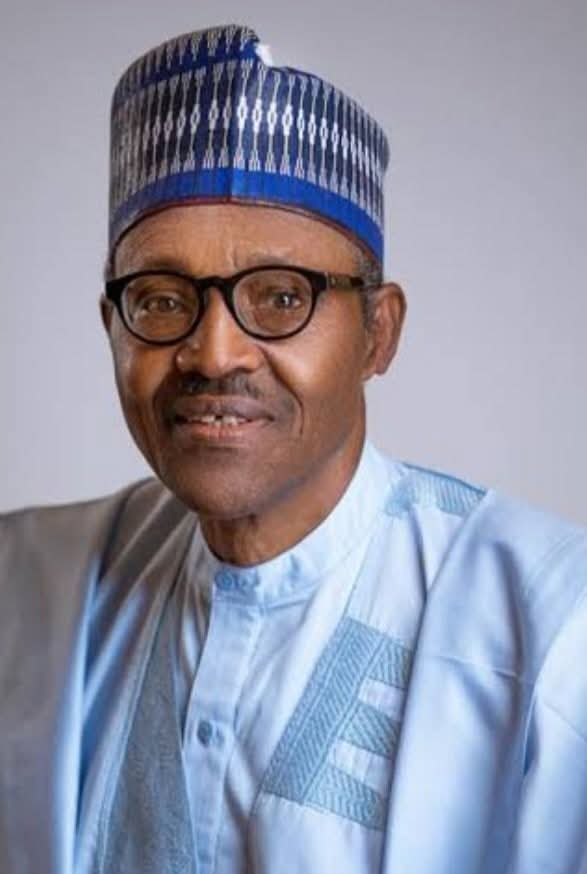The Civil Society Legislative Advocacy Centre (CISLAC) has broken its silence on the passing of former President Muhammadu Buhari, offering a powerful reflection on his complex legacy of discipline, civic engagement, and leadership pitfalls that should serve as cautionary lessons for Nigeria’s future rulers.
In a statement issued Sunday, the Executive Director of CISLAC and Head of Transparency International Nigeria, Comrade Auwal Musa Rafsanjani, described Buhari’s death as a pivotal moment in Nigeria’s democratic journey, noting both his strengths and the shortcomings that defined his tenure.
“May his soul rest in peace,” Rafsanjani began. “Many Nigerians will forever remember him for his early leadership as a military head of state, most notably for launching the War Against Indiscipline (WAI), which left an indelible mark on the nation’s civic culture.”
He recalled how the WAI campaign instilled order and patriotism in the 1980s, with citizens queuing at public places, respecting national symbols, arriving at work on time, and flying the national flag with pride. According to Rafsanjani, this was one of Buhari’s most enduring contributions to the nation’s sense of identity.
However, CISLAC did not shy away from acknowledging the controversial aspects of Buhari’s leadership. His military rule, Rafsanjani noted, was marred by human rights concerns—an issue that continued to trail his political career even after he returned as a democratically elected president in 2015.
“His election brought renewed hope to Nigerians,” Rafsanjani stated. “The expectations were enormous—fighting corruption, ending insecurity, and reviving the economy. But those high hopes gradually gave way to disillusionment, especially in his second term.”
CISLAC emphasized that while Buhari’s intentions may have been genuine, his administration struggled with internal political interference, weak policy execution, and dwindling public confidence.
“He came into office with integrity and global credibility. But governance is more than personal virtue,” Rafsanjani said. “It requires courage to confront internal sabotage, maintain transparency, and ensure accountability. Without these, even the best visions can falter.”
He further stated that Buhari’s presidency should serve as a study in leadership for aspiring Nigerian leaders, underscoring the difference between ambition and implementation.
Rafsanjani commended Buhari for shifting the national conversation toward discipline, anti-corruption, and security, noting that civil society groups, including CISLAC, took advantage of that environment to push for governance reforms.
“The late president helped shape the national narrative around civic responsibility and ethics. We engaged with his government, at various points, on reforms and accountability measures,” he said.
In his final remarks, Rafsanjani urged current and future leaders to reflect on Buhari’s mixed legacy taking the good, learning from the bad, and putting Nigeria’s interests above personal or political gain.
“May Allah grant him eternal rest. Ameen,” the statement concluded.
